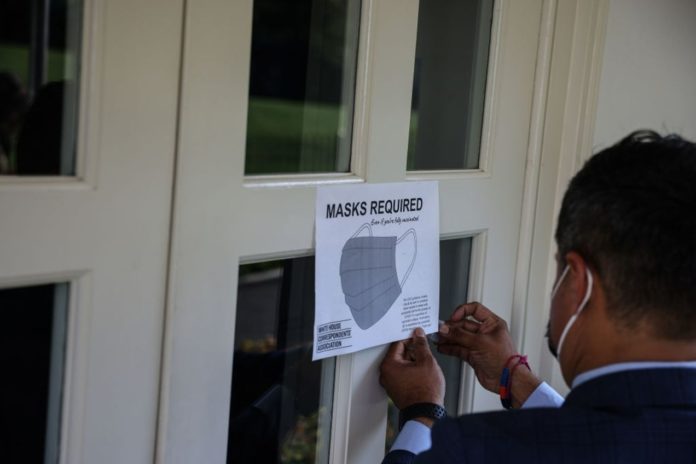According to a study released Friday by the Centers for Disease Control and Prevention, unvaccinated people are more than twice as likely to re-infect with COVID-19 as those who have been fully vaccinated.
The findings back up the CDC’s recommendation that “all eligible persons be offered COVID-19 vaccination, regardless of previous SARS-CoV-2 infection status.”
- Does This Mean We Stopped Being Animal and Started Being Human Due to ‘Copy Paste’ Errors?
- The One Lifestyle Choice That Could Reduce Your Heart Disease Risk By More Than 22%
- Aging: This Is What Happens Inside Your Body Right After Exercise
- Immune-Boosting Drink that Mimics Fasting to Reduce Fat – Scientists ‘Were Surprised’ By New Findings
- Gun Violence in America: What They Don’t Talk About at the Debate
Senator Rand Paul, for example, has previously stated that he will not take the COVID-19 vaccine due to his natural immunity derived from prior infection.
The new research looked at 246 Kentucky adults who were infected again in May and June this year after being infected in 2020.
They were compared to 492 “controls” who were matched based on sex, age, and the time of the initial positive test.
Unvaccinated people were 2.34 times more likely to be reinfected than people who were fully vaccinated with the Pfizer, Moderna, or Johnson & Johnson vaccines, according to the study.
The duration of infection-acquired immunity is poorly understood, according to the paper, and may be influenced by the emergency of newer variants.
Blood samples from people who had previously been infected with the original Wuhan strain, for example, had poor antibody responses to the Beta variant first identified in South Africa, according to laboratory studies.
One of the study’s limitations is that it was carried out before Delta became the dominant strain in the US.
Photo by Anna Moneymaker/Getty Images
